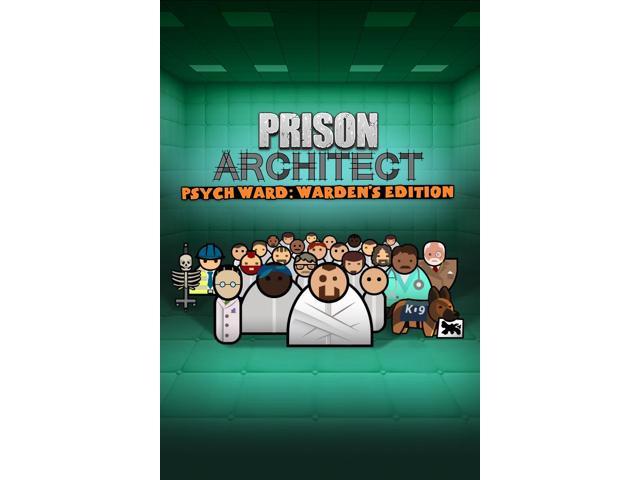Psych Game Online
 This fun mosaic game, is a simpe giude in the vast world of psychology. The psychology tree looks a little like a brain, and we may try to sort it from the top left.
This fun mosaic game, is a simpe giude in the vast world of psychology. The psychology tree looks a little like a brain, and we may try to sort it from the top left. Below are links to many online psychology games for school aged kids. Here you can play FREE, fun and interactive online games to help you study for exams, tests, quizzes. These psychology games make learning fun! Outwit Your Friends! Join Ellen DeGeneres in Psych! - an exciting party game to play with your friends! Bluff your buddies with fake answers to real trivia questions in a variety of fun categories! Check out Ellen’s fun new game in which you try to outwit your friends by making up outrageous fake answers to real trivia questions!You can get “Psych!” for. Regardless, these days, the pioneering online-trivia company Jackbox boasts a bunch of virtual games, in which you can use your tablet or smartphone as a controller and play with up to ten peeps.
1. Philosophy - Philosophy is the study of general and fundamental problems concerning matters such as existence, knowledge, values, reason, mind, and language.
2. Ethics - Ethics involves systematizing, defending, and recommending concepts of right and wrong conduct.
3. Rhetoric - Rhetoric is the art of discourse, wherein a speaker strives to persuade or motivate particular audiences in specific situations.
4. Mind - The mind is a set of cognitive faculties including consciousness, perception, thinking, judgement, and memory.
5. Memory - Memory is the faculty of the mind by which information is encoded, stored, and retrieved.
6. Cognition - Cognition is the mental action or process of acquiring knowledge and understanding through thought, experience, and the senses.
7. Emotions - Emotion is any relatively brief conscious experience characterized by intense mental activity and a high degree of pleasure or displeasure.

8. Personality - Personality is a set of individual differences that are affected by the development of an individual: values, attitudes, personal memories, social relationships, habits, and skills.
9. Behavior - Behavior is the range of actions and mannerisms made by individuals, organisms, systems, or artificial entities in conjunction with themselves or their environment.
10. Motivation - Motivation is a theoretical construct used to explain behaviour.
11. Intelligence - Intelligence including one's capacity for logic, understanding, self-awareness, learning, emotional knowledge, planning, creativity and problem solving.
12. Relationships - A strong, deep, or close association or acquaintance between two or more people.
13. Attraction - When person's physical or mental features are considered aesthetically pleasing or beautiful.

14. Resilience - Psychological resilience is defined as an individual's ability to successfully adapt to life tasks in the face of Social disadvantage or highly adverse conditions.
15. Willpower - Volition or will is the cognitive process by which an individual decides on and commits to a particular course of action.
16. Perception - Perception is the organization, identification, and interpretation of sensory information in order to represent and understand the environment. All perception involves signals in the nervous system.
17. Crowd psychology - Also known as mob psychology, is a branch of social psychology.
18. Psychotherapy - Psychotherapy is the use of psychological methods to help a person change and overcome problems.
This fun mosaic game, is a simpe giude in the vast world of psychology. The psychology tree looks a little like a brain, and we may try to sort it from the top left.1. Philosophy - Philosophy is the study of general and fundamental problems concerning matters such as existence, knowledge, values, reason, mind, and language.
2. Ethics - Ethics involves systematizing, defending, and recommending concepts of right and wrong conduct.
3. Rhetoric - Rhetoric is the art of discourse, wherein a speaker strives to persuade or motivate particular audiences in specific situations.
4. Mind - The mind is a set of cognitive faculties including consciousness, perception, thinking, judgement, and memory.
5. Memory - Memory is the faculty of the mind by which information is encoded, stored, and retrieved.
6. Cognition - Cognition is the mental action or process of acquiring knowledge and understanding through thought, experience, and the senses.
7. Emotions - Emotion is any relatively brief conscious experience characterized by intense mental activity and a high degree of pleasure or displeasure.
8. Personality - Personality is a set of individual differences that are affected by the development of an individual: values, attitudes, personal memories, social relationships, habits, and skills.
9. Behavior - Behavior is the range of actions and mannerisms made by individuals, organisms, systems, or artificial entities in conjunction with themselves or their environment.
10. Motivation - Motivation is a theoretical construct used to explain behaviour.
11. Intelligence - Intelligence including one's capacity for logic, understanding, self-awareness, learning, emotional knowledge, planning, creativity and problem solving.
12. Relationships - A strong, deep, or close association or acquaintance between two or more people.
13. Attraction - When person's physical or mental features are considered aesthetically pleasing or beautiful.
14. Resilience - Psychological resilience is defined as an individual's ability to successfully adapt to life tasks in the face of Social disadvantage or highly adverse conditions.
15. Willpower - Volition or will is the cognitive process by which an individual decides on and commits to a particular course of action.
16. Perception - Perception is the organization, identification, and interpretation of sensory information in order to represent and understand the environment. All perception involves signals in the nervous system.
Psych Outwit Your Friends Download
17. Crowd psychology - Also known as mob psychology, is a branch of social psychology.
Psych Computer Game
18. Psychotherapy - Psychotherapy is the use of psychological methods to help a person change and overcome problems.